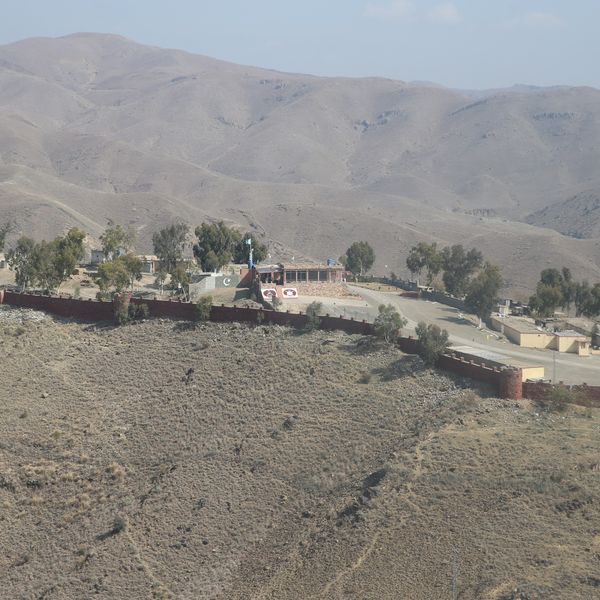India's revised personal tax regime to ease middle-class burden
Middle-class taxpayers to see zero tax liability up to INR 12.75 lakh under new rebate structure
Business Desk
The Business Desk tracks economic trends, market movements, and business developments, offering analysis of both local and global financial news.

Middle-class taxpayers to see zero tax liability up to INR 12.75 lakh under new rebate structure
Shutterstock
India has introduced significant changes to its personal tax regime in budget 2025, aimed at providing relief to the middle class and boosting disposable income. The updated tax structure is expected to enhance household spending, encourage savings, and drive economic growth.
According to PwC's analysis of the budget — income tax rates, including surcharge and the health and education cess — remain unchanged for individuals opting for the old tax regime. However, those under the new personal tax regime will benefit from revised tax slabs, effective from the assessment year 2026-27.
One of the most notable adjustments is the increase in the tax rebate limit from INR 25,000 to INR 60,000. This means individuals earning up to INR 12,00,000 annually under the new personal tax regime will have no tax liability.
Additionally, salaried taxpayers earning up to INR 12,75,000 will also benefit from zero tax liability due to the combined effects of rebates and deductions, PwC noted.
While individual taxpayers will see relief, corporate income tax rates remain unchanged. Experts believe that the updated tax slabs will strengthen economic growth by improving the financial well-being of the middle class, thereby fostering increased domestic consumption and investment.
The government's focus on tax relief for middle-income groups is expected to enhance disposable income, leading to higher retail spending and increased savings.
As consumers retain more earnings, businesses across various sectors could experience higher demand, contributing to overall economic stability and expansion.
By balancing tax relief with sustained revenue collection, India's revised tax policy reinforces its commitment to economic progress and financial well-being for the middle class.










Comments
See what people are discussing